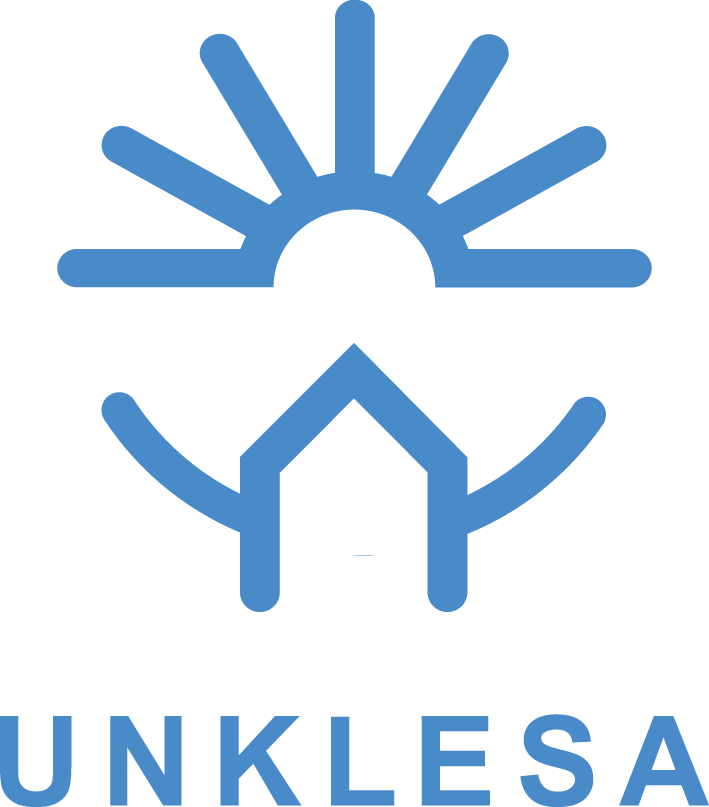Education
Nairobi is home to a wide range of private pre-primary, primary and secondary schools, several of which follow the British and American primary and secondary models. For international staff posted to Nairobi, it is advisable to enquire about vacancies well in advance of one’s arrival, as most of the best private schools are in heavy demand.
Consideration should also be given to both living and work locations when choosing a school as traffic in Nairobi can cause significant congestion and delays. Living in Runda, for example, and attending school in Lavington could see children commuting for an hour or more each way.
International schools in Kenya generally follow the British school calendar, with three terms running from early September to early December, early January to late March, and late April to mid July. Schools following the British educational model offer Common Entrance exams at the primary level and GCSEs/‘O’ and ‘A’ levels in secondary schools.
Three Nairobi high schools – Rosslyn Academy, West Nairobi School and the International School of Kenya (the ‘American School’) – follow the North American school calendar, the first term of which usually begins in late August. A fourth school, Rift Valley Academy, which is open to boarders in Kijabe, also offers the North American syllabus.
There are several schools maintained by foreign communities, with classes in their native languages. These include the French, Japanese, Dutch, Danish, German, Norwegian and Swedish schools. Nursery schools and kindergartens offer an informal education for children aged 3 and upwards - usually in the mornings- in many of the more upmarket residential areas.
There are also a few special education schools for children with special needs, such as the Accelerated Learning Centre in Kileleshwa.
Comprehensive listings of Nairobi’s kindergartens and private primary schools are available at the expatriate.
